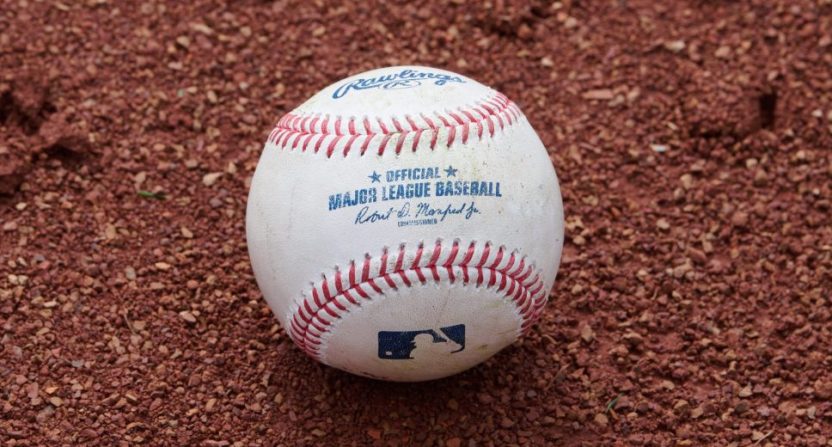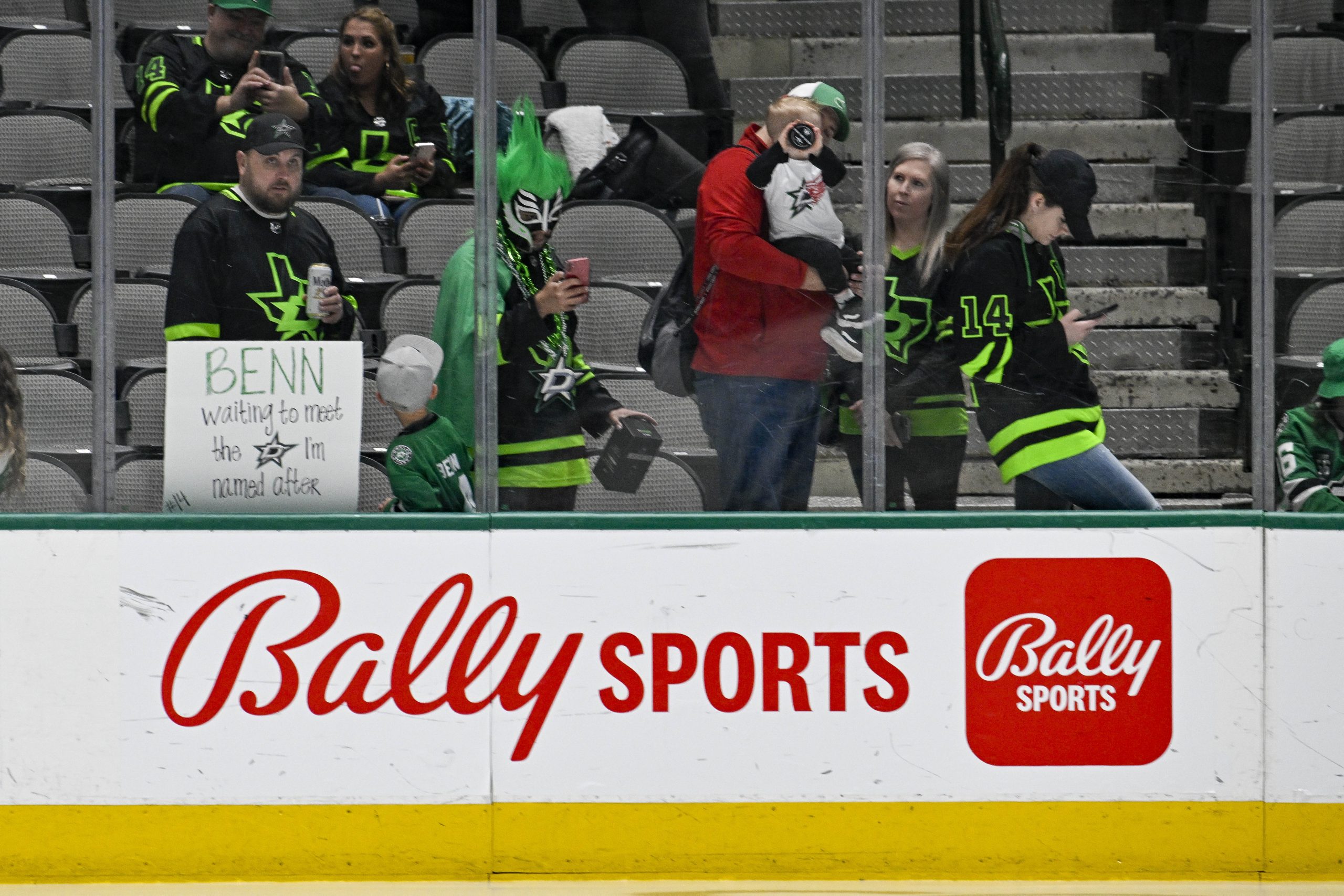There’s been a lot of discussion over the years on journalists voting for sports awards. That is an unusual level of potential impact on a story for a journalist, as awards impact everything from contracts to endorsements to Hall of Fame talk (and even some league-specific rules, such as who NBA teams can rest). And that’s led to some news organizations (particularly The New York Times) prohibiting staffers from voting on awards. But by and large, the journalist-voting system has seemed like “the worst except for all the others,” and that’s helped it endure. There’s a new complication there in a sports betting realm, though, as Jared Diamond discussed in a Wall Street Journal piece Wednesday:
A prominent baseball writer recently received a strange text from an unfamiliar number asking who he’d pick for NL MVP.
It turned out to be someone associated with a betting site. It shows the ethical landmines journalists face amid the gambling boom.https://t.co/ylecZL1gSk
— Jared Diamond (@jareddiamond) September 20, 2023
Diamond’s piece centers on a writer for a betting site trying to get New York Post columnist Joel Sherman’s vote for NL MVP, and to the Baseball Writers’ Association of America responding. Here’s more on that:
Joel Sherman, a veteran baseball columnist for the New York Post, recently received a bizarre text message from an unfamiliar number. The sender didn’t identify himself, but in a tone suggesting he was a friend, asked Sherman a question: Who would he pick in the National League’s hotly contested MVP race?
Sherman didn’t answer, though he did push to find out who he was communicating with. It turns out the sender was a writer for a betting website, according to an internal email sent to members of the Baseball Writers’ Association of America reviewed by The Wall Street Journal and a person familiar with the matter.
…Sherman, who declined to comment for this article, quickly alerted BBWAA president Shi Davidi to what had transpired. Davidi, who covers baseball for the Canadian network Sportsnet, sent out an email to the entire organization reminding awards voters to “keep vigilant.”
“Anything which links us to sports wagering information, even inadvertently, could impact the integrity of our awards,” Davidi said. “There’s safety in being guarded about who you talk to about your vote and what you share with whom. Even a seemingly innocent feeler, like the one Joel received, could lead to unintended consequences.”
This could get interesting on a number of fronts beyond that specific outreach. For one thing, there’s the annual Baseball Hall of Fame voting; it’s possible to bet on that in some states, and many of the voters share their votes either on their regular platforms or privately to Ryan Thibodaux‘s ballot tracker. But beyond that, there are all sorts of cases where knowledge of a journalist’s vote could potentially give a bettor an inside edge.
And while an individual vote may not mean that much in cases like the Baseball Hall of Fame (321 total votes), it means a lot more in a case like NL MVP (30 voters) or game/series awards with even smaller voter numbers (such as the 11 for NBA Finals MVP). And there are a number of ways that could go wrong, from a total outsider somehow obtaining that information via a text like the one sent to Sherman to a journalist’s friends or family obtaining and using that information to bet (themselves or through intermediaries) without the journalist’s knowledge to a full conspiracy the journalist is in on. That could take place either with bets themselves or through intermediaries; we saw at least a partial example of that with the scandal around someone placing bets with information reportedly obtained from Alabama baseball coach Brad Bohannon, who was fired after that.
There isn’t necessarily a crisis here at the moment. Diamond goes on to quote Professional Football Writers of America president Calvin Watkins, who says “It’s up to the individual reporter to have his own morals and ethics, and it’s up to the paper or the website to police their reporters.” And in the vast majority of cases, that seems likely to work. But there are definitely some situations where it may not.
And Diamond also quotes St. Bonaventure University professor Brian Moritz, who says “The most pressing ethical question facing sports journalism over the next couple of years is codifying gambling rules.” There’s certainly some merit to that. Exactly how big the potential issue is here is undetermined at the moment; it’s certainly far from established how much actual information journalists have relative to books. But there are some potential issues to note, perhaps especially around awards voting. So we’ll see where that goes.







